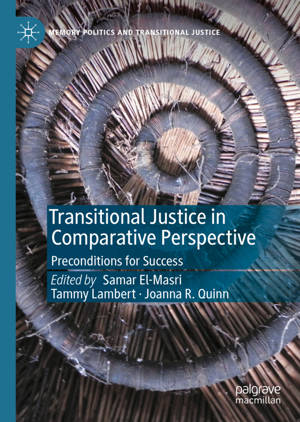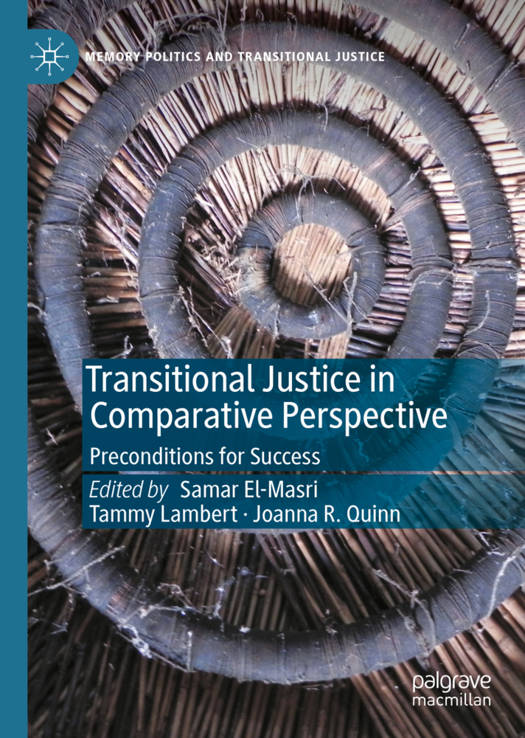
- Afhalen na 1 uur in een winkel met voorraad
- Gratis thuislevering in België vanaf € 30
- Ruim aanbod met 7 miljoen producten
- Afhalen na 1 uur in een winkel met voorraad
- Gratis thuislevering in België vanaf € 30
- Ruim aanbod met 7 miljoen producten
Zoeken
Transitional Justice in Comparative Perspective
Preconditions for Success
€ 116,45
+ 232 punten
Omschrijving
What if we could change the conditions in post-conflict/post-authoritarian countries to make transitional justice work better? This book argues that if the context in countries in need of transitional justice can be ameliorated before processes of transitional justice are established, they are more likely to meet with success. As the contributors reveal, this can be done in different ways. At the attitudinal level, changing the broader social ethos can improve the chances that societies will be more receptive to transitional justice. At the institutional level, the capacity of mechanisms and institutions can be strengthened to offer more support to transitional justice processes. Drawing on lessons learned in Colombia, Democratic Republic of the Congo, The Gambia, Lebanon, Palestine, and Uganda, the book explores ways to better the conditions in post-conflict/post-authoritarian countries to improve the success of transitional justice.
Specificaties
Betrokkenen
- Uitgeverij:
Inhoud
- Aantal bladzijden:
- 234
- Taal:
- Engels
- Reeks:
Eigenschappen
- Productcode (EAN):
- 9783030349165
- Verschijningsdatum:
- 18/01/2020
- Uitvoering:
- Hardcover
- Formaat:
- Genaaid
- Afmetingen:
- 148 mm x 210 mm
- Gewicht:
- 562 g

Alleen bij Standaard Boekhandel
+ 232 punten op je klantenkaart van Standaard Boekhandel
Beoordelingen
We publiceren alleen reviews die voldoen aan de voorwaarden voor reviews. Bekijk onze voorwaarden voor reviews.










